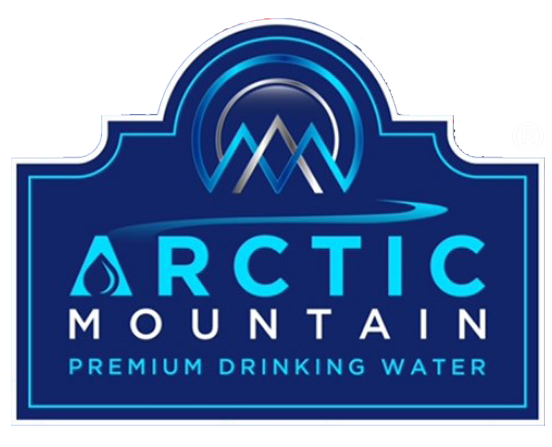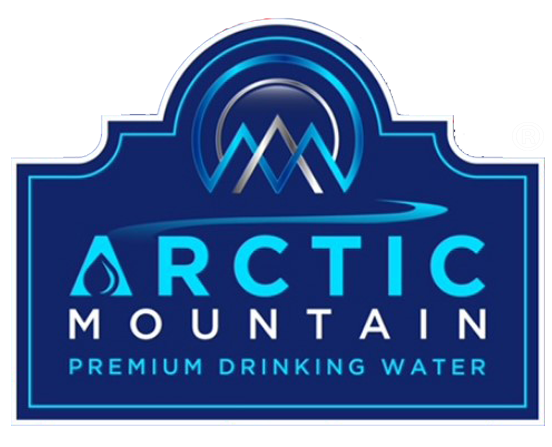Dehydration is a common condition that can affect anyone. It can have many causes, including overexposure to heat without drinking enough fluids or illnesses that cause vomiting and diarrhea. While dehydration is dangerous to everyone, the very old and very young are at a greater risk. Because it can be hard to know when you’re dehydrated, it’s important to know what the early warning signs of dehydration are.
Symptoms of Dehydration
The following symptoms of dehydration can be found in both children and adults. These symptoms include the following:
- A persistent feeling of thirst.
- Dry mouth is common but dry eyes and lips can also occur.
- Dark-colored urine.
- Cardio signs such as low blood pressure and rapid heartbeat.
- Lightheadedness, disorientation and dizziness.
- Physical weakness or feeling tired.
- Urinating less than four times in 24 hours.
- The skin becomes inelastic.
- A lack of sweat or reduction in the ability to produce sweat.
Treating Dehydration
If you are suffering from dehydration, the following dehydration treatments can help. The most basic solution to dehydration is restoring the fluid levels in your body. Water is a readily available solution. However, you can also use ice pops, ice, sports drinks or broths. Not all fluids are effective in treating dehydration and coffee, soda and tea should be avoided as the caffeine found in these beverages can reduce the effectiveness in treating dehydration. Also, if your dehydration is being caused by an illness, proper treatment of these conditions can reduce the associated symptoms leading to dehydration.
Dehydration Reduction and Prevention
One of the best ways to protect yourself from dehydration is to take proactive steps to help prevent it. When you first start to feel the signs of dehydration, such as a dry mouth, immediately drink fluids so you can help prevent more severe symptoms. If you are ill, drinking water slowly and carefully can improve your wellbeing. Preventative measures can stop dehydration from occurring at all. Eating water-rich foods and drinking plenty of fluids can help keep you well hydrated. Special attention should also be paid to the elderly and very young children as dehydration can be quite dangerous for people in these groups. Also, avoiding strenuous outdoor activities during the hottest parts of the day can help prevent heatstroke which is associated with dehydration.
Final Thoughts
Dehydration is a condition that, if left untreated, can be life-threatening. It is also a condition that can occur in normal circumstances, such as a hot summer day. Paying attention to your body and not ignoring the signs of dehydration can help keep you and members of your family safe.


